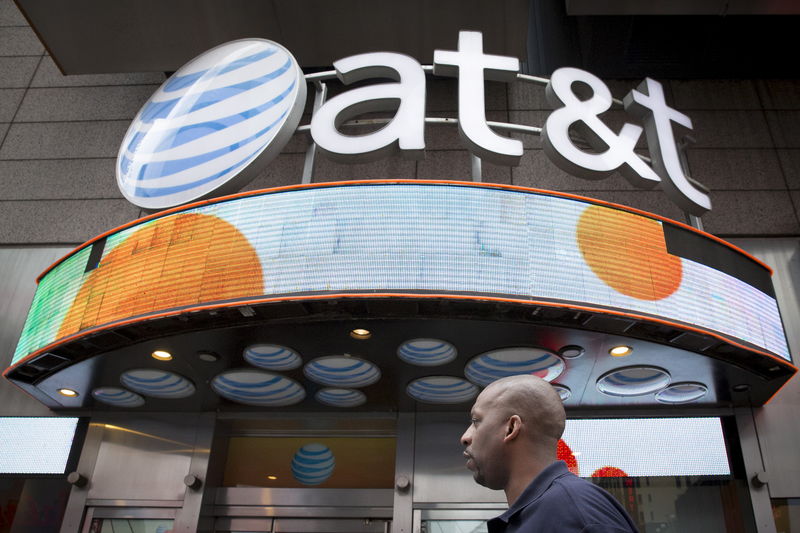This post was originally published on this site
https://i-invdn-com.investing.com/trkd-images/LYNXMPEJBD0IA_L.jpg
SAN FRANCISCO (Reuters) – U.S. wireless carrier AT&T (NYSE:T) will purchase some electric vehicles from startup Rivian (NASDAQ:RIVN) in a pilot program to evaluate ways to reduce cost, cut carbon emissions and improve safety, the companies said on Thursday.
The deal is the first for Rivian after the company last month ended its exclusivity pact with largest shareholder Amazon (NASDAQ:AMZN) for its delivery vans, opening the door for more customers.
AT&T expects to start adding Rivian electric commercial vans, R1T pickup trucks, and R1S sport utility vehicles in its fleet in early 2024, they said in a statement.
The companies did not disclose the number of vehicles AT&T will buy or the financial terms of the deal.
AT&T has long been investing in converting its commercial fleet to vehicles that use alternative fuels such as compressed natural gas and hybrid electric vehicles.
“This pilot is another important step in our ongoing efforts toward sustainability, reducing our carbon footprint and embracing a cleaner future for our operations,” Hardmon Williams, senior vice president of AT&T Connected Solutions said.
Environmental, social and corporate governance (ESG) goals and emission reduction targets for companies have sparked a race to shift to zero-emission fleets.
But high interest rates have made it costlier for customers to purchase electric vehicles, which that are typically more expensive than their gas-powered counterparts, and raised worries of a slowdown in demand.
Still, Rivian has said it has seen a “lot of interest and demand” for its vans beyond Amazon. On Thursday, the company declined to disclose other potential customers.
It has also reiterated its commitment to fulfilling an order for 100,000 vans to Amazon by 2030. Amazon said in October it has 10,000 of those vehicles across the U.S. and Europe.
Last month, Irvine, California-based Rivian raised its overall 2023 production forecast to 54,000 units.

